Overview
Tin is made of stannum.
Tin is a chemical element with the symbol Sn and atomic number 50.
Smelting tin ores, such as cassiterite, produces tannum ingots.
You can cast ingots from tin after structure and refinement.
Industrial processes use these ingots as raw materials for tin alloys, coatings, and solders.
Uses
Industries use tin ingots, or stannum ingots, because of tin’s versatile properties.
Some common uses of stannum ingots include:
Soldering:
Soldering applications across electronics, plumbing, and metalwork industries use tin ingots.
Tin-based solders form strong, reliable bonds between metal surfaces, making them essential for joining electrical components, pipes, and other metal parts.
Tin Plating:
Plating companies use tin ingots to deposit a thin layer of tin onto the surface of metals like steel or copper.
People use food packaging, electrical connectors, and decorative items.
Alloys:
Alloying tin ingots with other metals creates various alloys with enhanced properties.
Bronze:
Alloying tin with copper produces bronze, which is stronger and more durable than either metal alone.
Bronze statues, sculptures, bearings, and muscle instruments are made of bronze.
Pewter:
People use pewter to make tableware, decorative items, and jewelry.
Chemical Industry:
The chemical industry uses tin ingots for catalysts, stabilizers, and additives in plastics, coatings, and rubber.
Electronics:
The electronics industry uses tin ingots for manufacturing circuit boards, electrical connectors, and lead-free solders.
Tin’s low melting point and good electrical conductivity make it suitable for these applications.
Coatings:
You use tin ingots to create protective coatings on metal surfaces to prevent corrosion and oxidation.
These coatings are applied using hot-dipping or electroplating methods.
Food Industry:
People use tin ingots to produce food cans and containers.
Tin-plated steel or aluminum cans protect food from contamination and extend shelf life by providing a barrier between the food and the metal.
Medicine:
Pharmaceutical companies use tin compounds derived from tin ingots as stabilizers in medications and diagnostic reagents.
Additional information
| Weight | 50 Grams, 100 Grams, 250 Grams, 500 Grams, 1000 Grams |
|---|



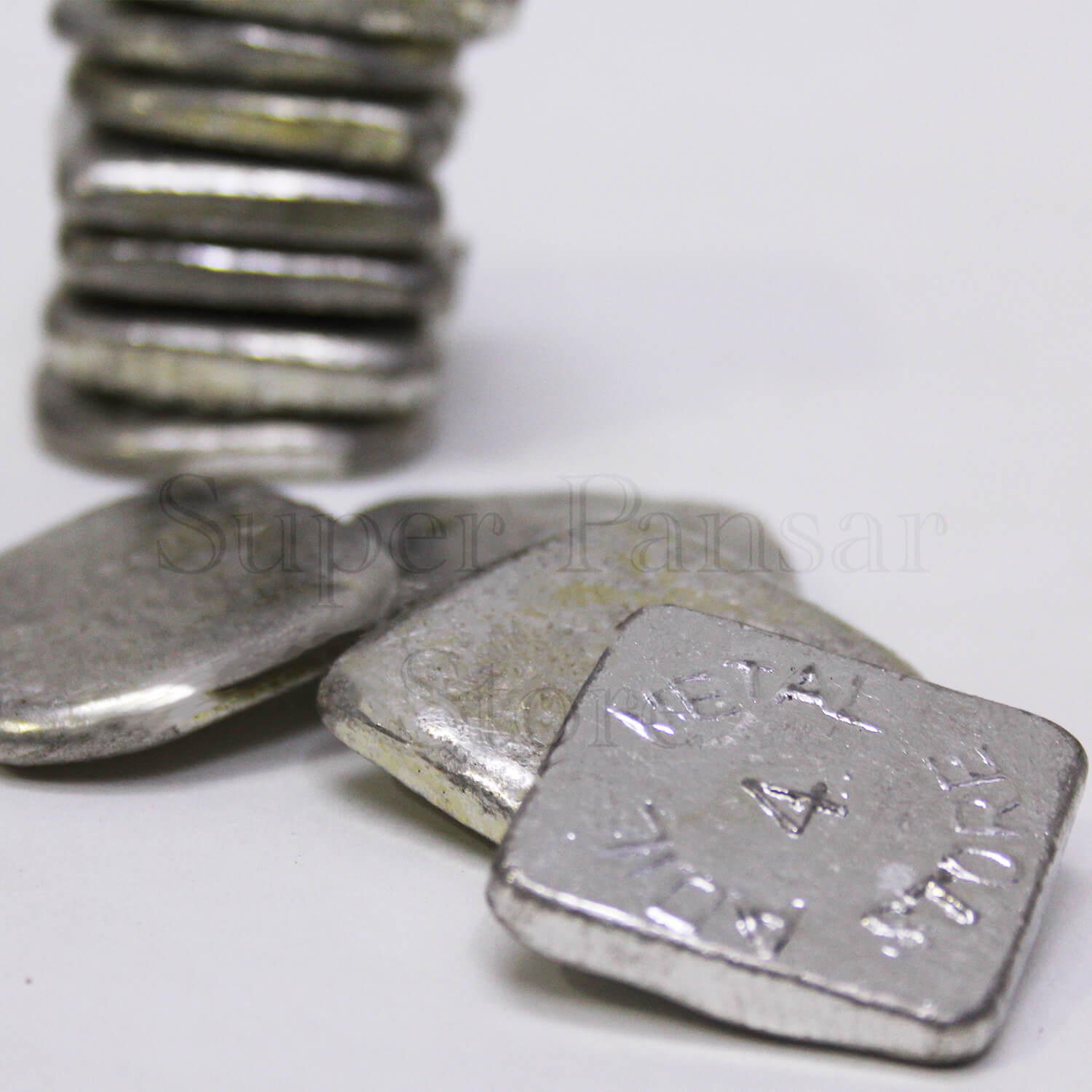



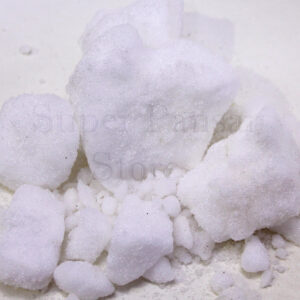

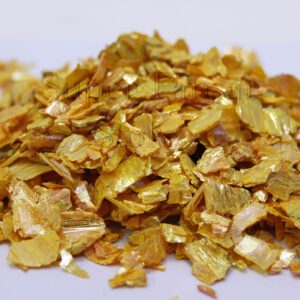


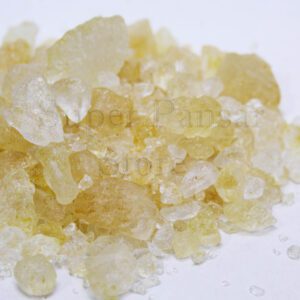
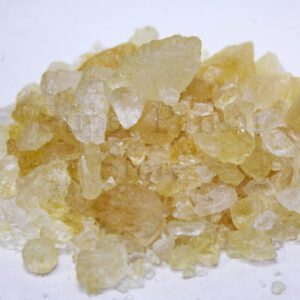


Reviews
There are no reviews yet.